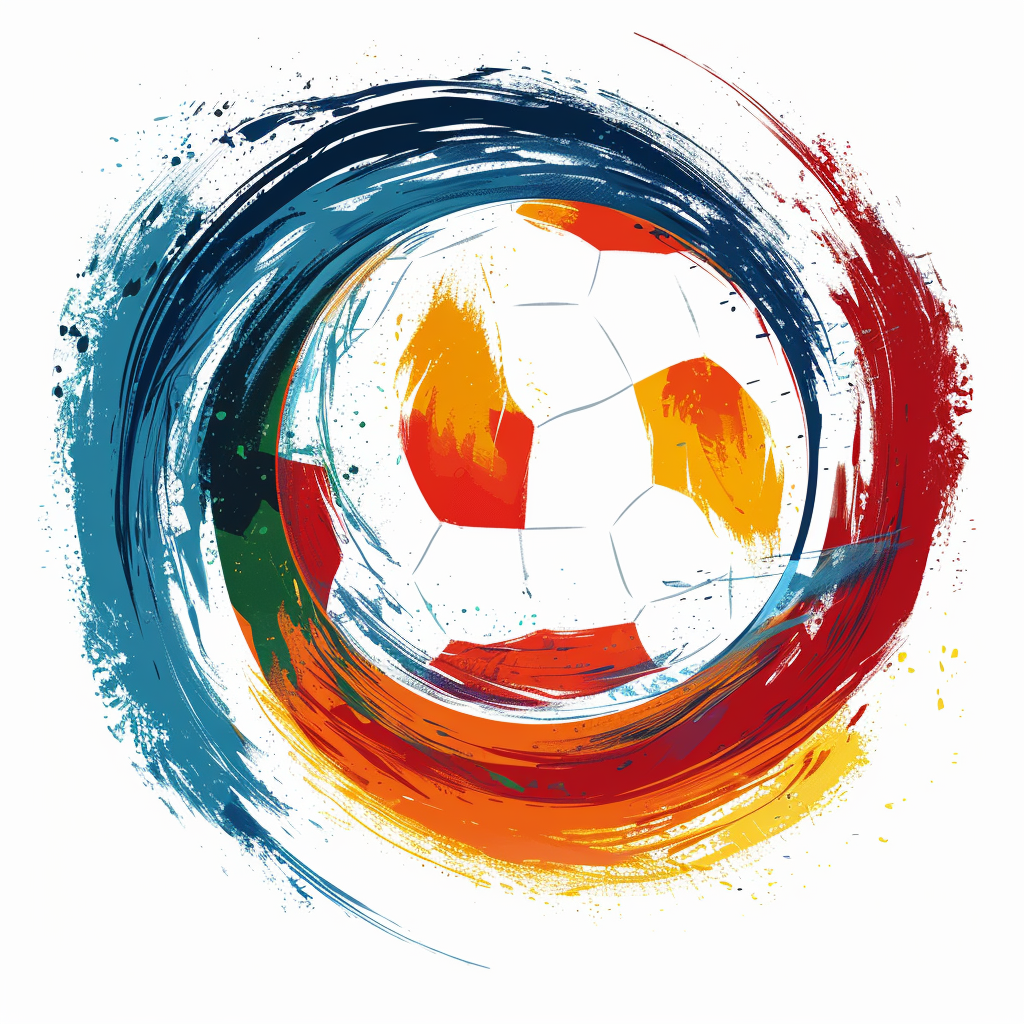Avoid Fake 2026 World Cup Tickets: FIFA Warns Bay Area Fans
"FIFA warns Bay Area fans to avoid buying fake 2026 World Cup tickets from unauthorized resellers. Stick to official sources to secure your spot and avoid scams."

World Cup 2024: Why You Should Avoid Buying Tickets from Resellers
The excitement for the 2024 World Cup is heating up, but there’s an important message for fans eager to score tickets: beware of resellers and unauthorized marketplaces. With tickets in high demand, it’s more crucial than ever to know where and how to buy them safely.
The Risks of Purchasing from Resellers
While it may be tempting to grab tickets from a third-party seller, there are several risks involved. Here are some key reasons to avoid this approach:
- Unverified sellers: Many resellers operate unauthorized platforms, increasing the risk of counterfeit or invalid tickets.
- Inflated prices: Tickets sold through resellers are often marked up significantly above face value, meaning you’ll pay much more than you should.
- No guarantees: If something goes wrong, such as an event cancellation or fraud, your chances of getting a refund are limited.
How to Buy World Cup Tickets Safely
To enjoy one of the world's most thrilling events without the hassles and dangers, follow these guidelines for purchasing tickets through trusted channels:
1. Stick to Official Sources
Ensure you buy your World Cup 2024 tickets from official sources, such as the tournament’s website or authorized partners. FIFA and the World Cup organizing committee will release official tickets through recognized platforms, making it easy for fans to buy safely.
2. Beware of Phishing and Scams
Unfortunately, phishing schemes and ticket fraud often escalate during global events. Be cautious of unsolicited emails or social media advertisements that claim to offer tickets to popular matches. Always verify the link and avoid clicking on unknown sources.
3. Don’t Wait Until It’s Too Late
Many fans wait until the last minute, hoping for price drops or better deals through third-party sellers. However, prices often rise closer to the event, and genuine tickets become harder to find. Buy your tickets early, and avoid the panic of using risky outlets.
Red Flags to Watch Out For
If you’re considering purchasing from a reseller, keep an eye on common warning signs that could signal a scam:
- Unusually high or low prices: If a ticket is priced too good to be true, chances are it could be fake.
- Pressure to act quickly: Scammers often use urgency tactics to make you make impulsive decisions.
- No reviews or credibility: If the platform where tickets are sold has poor ratings or no verified buyer feedback, proceed with extreme caution.
Conclusion: Play It Safe
The World Cup promises unforgettable games and memories, but only if you secure your tickets safely. Resellers and unofficial platforms expose you to unnecessary risks that may end up costing more than expected. Stick to verified sources, and remember: peace of mind is worth more than a few dollars saved on a suspicious ticket.
